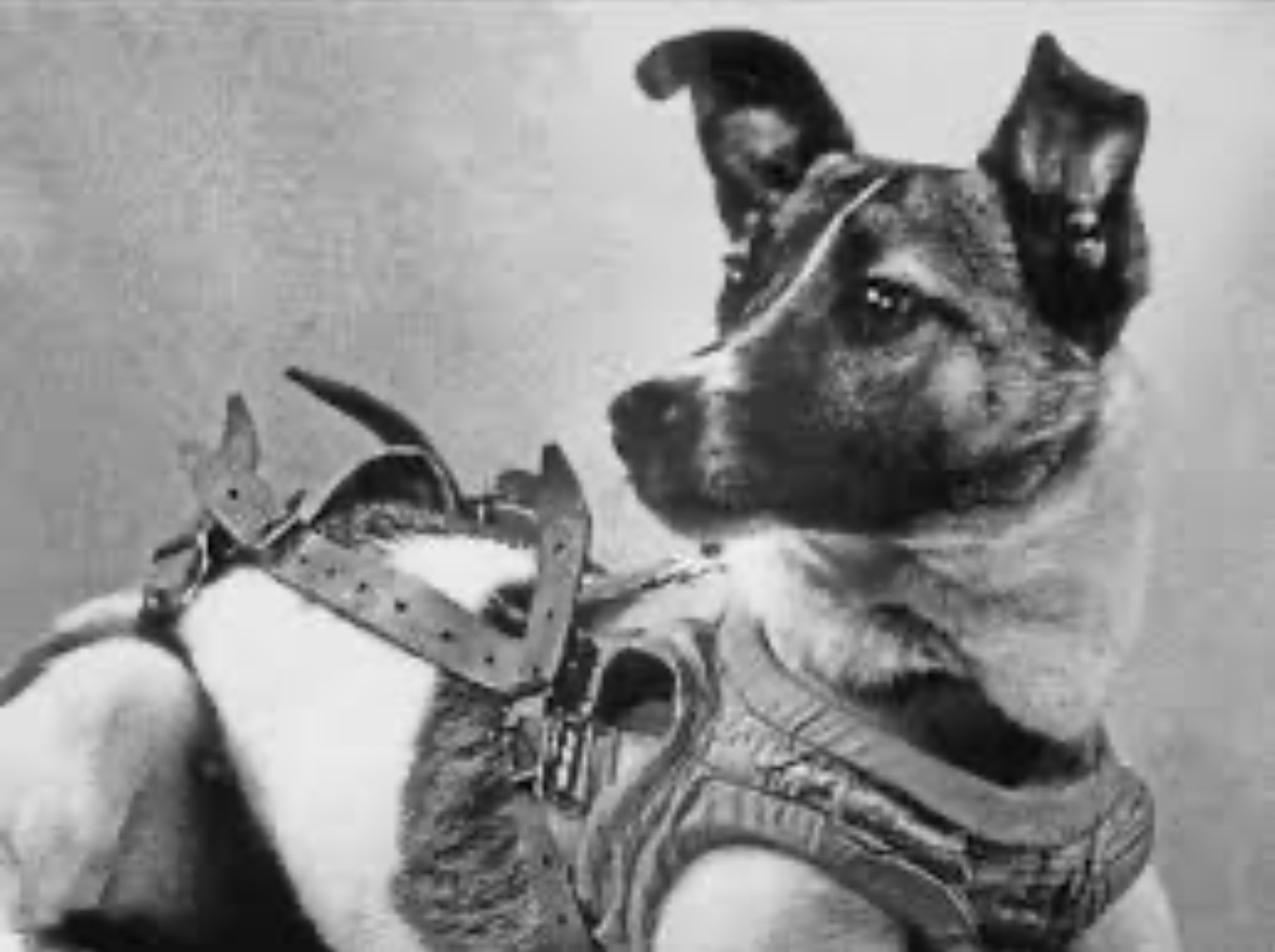The promotion of light industry, chemicals and consumer goods
1/12
Earn XP
Description and Tags
Name | Mastery | Learn | Test | Matching | Spaced | Call with Kai |
|---|
No analytics yet
Send a link to your students to track their progress
13 Terms
Why did Khrushchev want to move away from heavy industry and towards light industry?
He wanted to broaden the base of the Soviet economy and improve the Soviet populations quality of life.
How did the command economy that Stalin developed make economic policy difficult?
A vast bureaucratic system of administrators in Moscow stifled initiative, which was made more difficult do to the climate of fear created under Stalin
The system was clumsy and wasteful- it was difficult to deal with new trends and unforeseen events. Administrators worked out likely demands for goods targets then set targets to ensure demands were met. If demands increased the system was too inflexible to respond
What reforms did Khrushchev introduce to deal with the issues of Stalin’s command economy?
Harsh labour laws were removed e.g. the working week was reduced from 48 hours to 41 by 1960
Managers of industrial enterprises were given more influence in their factories
Greater emphasis on vocational education to support industrial development
What was the Sovnarkhozy experiment reform?
In 1957, Khrushchev set up 105 Regional Economic Councils (Sovnarkhozy) to supervise enterprises in an attempt to move decision making to regional bases so local circumstances were taken into account
What were the results of the Sovnarkhozy experiment?
The Sovnarkhozy experiment made national planning more difficult because the requirements of local enterprise were harder to foresee
What was the Lieberman Plan? When was it made?
1962→ Drawn up by Evsei Lieberman, a Soviet economist, the plan called for greater economy for local managers and for the market to replace the state as the decider of prices
When did Khrushchev’s Seven-Year Plan start and end?
1959-65
What did Khrushchev’s Seven Year Plan involve?
The transformation of the fuel and chemical industries by shifting emphasis from coal to oil and gas. This was due to increased targets for consumer goods.
What did Khrushchev boast to the West in 1959?
‘We will bury you’
When was Sputnik, the first space satellite, launched by the USSR?
1957

What else did the USSR first send into space before the US?
1957→ Sputnik, the first satellite
1957→ Laika, the first dog
1961→ Yuri Gagarin, the first man
What were the results of the Khrushchev’s new economic measures?
There was more choice for consumers but quantity was prioritised over quality so goods were often poorly made e.g. a shoe factory produced its target for shoes but all had the heel nailed to the toe
Poor labour productivity, inefficiency and waste remained
Gosplan became overwhelmed with work yet with less influence to direct decisions
The division of the Party apparatus into industrial and agricultural branches in 1962 added to confusion
What was the economy like by 1964?
Economic growth had slowed. Spending on consumer goods was reduced and the housing programme was cut back.